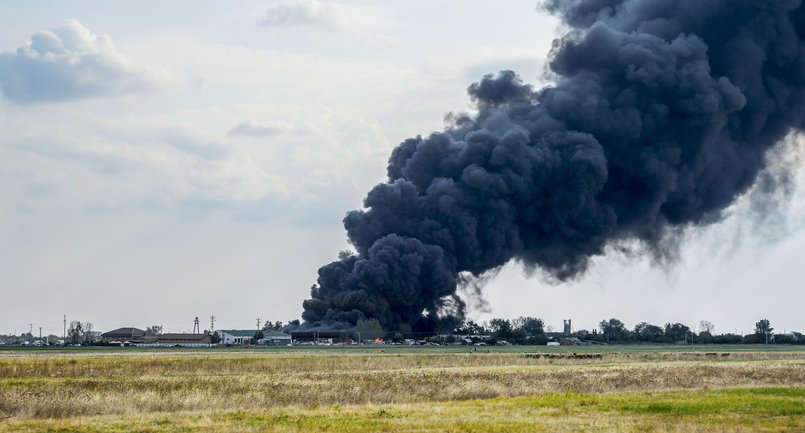
After decades of delay, the U.S. Chemical Safety Board will finally require operators of plants, refineries, and other industrial facilities to quickly report any explosion or accident that results in a significant chemical release.
Why the New Reporting Rules Were Necessary
The U.S. Chemical Safety Board is tasked with determining the root cause of major chemical disasters that occur in the United States.
Historically, the Board has relied on media reports collected by the National Response Center, a database maintained by the U.S. Coast Guard, to determine which accidents and explosions to investigate. However, a recent review found that the Center had managed to identify just 13% of more than 1,900 incidents that had occurred over a 10-year period and met the Board’s criteria for investigations.
The legislation that created the U.S. Chemical Safety Board in 1990 also called on the agency to develop reporting regulations. But while various proposals were discussed during the ensuing years, no such rules were ever implemented. Last February, after environmental groups filed suit in a bid to force the issue, a federal judge gave the Board one year to develop the required regulations.
Major Chemical Accidents Must be Reported Within 8 Hours
Under new rules announced on February 5th, facility operators must report any incident involving the release of a regulated or extremely hazardous substance that results in death, serious injury, or substantial property damage to the U.S. Chemical Safety Board within 8 hours.
These obligations are separate from and in addition to any other reporting requirements imposed by environmental laws, including the Clean Water Act, the Clean Air Act, or the Emergency Planning and Community Right-to-Know Act. The Board will also have the authority to forward suspected violations to the U.S. Environmental Protection Agency for appropriate enforcement action, including administrative penalties, civil actions, or criminal actions against the non-compliant entity.
The new regulations will become effective within 30 days of publication in the Federal Register.
“The CSB anticipates that these reports will provide the agency with key information important to the CSB in making prompt deployment decisions,” Dr. Kristen Kulinowski, the Board’s Interim Executive, said in statement.
U.S. Chemical Safety Board Faces an Uncertain Future
The U.S. Chemical Safety Board is well-respected, even among the industries it investigates. While the Board has no enforcement authority to issue penalties in connection with its investigations, its regulatory recommendations have led to industry-wide improvements that have been credited with saving countless lives.
Although the the Board’s adoption of new reporting regulations is encouraging, the agency continues to face an uncertain future. In fact, the Trump administration has attempted to eliminate the Chemical Safety Board on three separate occasions since the President took office in January 2017. Chronic understaffing and low moral have also jeopardized the Board’s mission in recent years.
Nevertheless, the Chemical Safety Board is currently pursuing 12 active investigations. In just the past month alone, the Board has opened new investigations into the fatal Watson Grinding explosion in Houston, as well as the deadly Chesapeake Energy blowout in Burleson County, Texas.
Undefeated Plant & Refinery Explosion Lawyers: Call 1-888-603-3636 or Click Here for a Free Consult.
Our Undefeated Plant Explosion Lawyers have won over $1 billion for thousands of clients across Texas, Louisiana, and throughout the United States following worst plant, refinery, and pipeline explosions and disasters in recent history.
Please call 1-888-603-3636 or Click Here to send us a confidential email via our “Contact Us” form.
All consultations are free, and as we only work on a contingency-fee basis, you won’t owe us a dime unless we win your case.